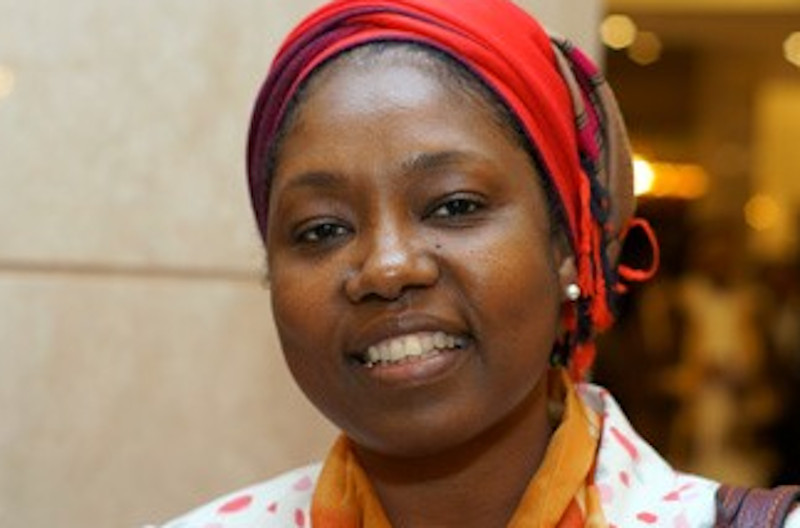
In Memoriam: Nagwa Gadaheldam
The Global Citizenship Alliance mourns the loss of Nagwa Gadaheldam, who was a passionate peace activist, energy and climate change expert, GCA faculty member, and friend. She passed away far too early in her hometown of Khartoum in late May.
Nagwa served as faculty for many of our seminars during the early years of the program and shared her unique experiences and perspectives with participating students and faculty alike. At that time, she was working as an industrial development officer at the United Nations Industrial Development Organization in Vienna and was active in the peace process in Sudan, South Sudan and the Darfur Region. Before moving to Vienna, Nagwa graduated from Khartoum University, Sudan with a B.Sc. in mechanical engineering and a M.Sc. in energy economics (as one of the first female students in this field in Sudan) and taught for six years at the University of Zimbabwe.
Always a person involved in politics, Nagwa was propelled to action as she witnessed the plight of her home country of Sudan during the terrible war in Darfur. As the leading author, and in collaboration with scholars from Clark Atlanta University, Morehouse College, and Spelman College in Atlanta, Georgia, she published a White Paper on Darfur – Making Peace Not War: A Human Rights Perspective (2009). The paper was submitted to the US State Department and became part of the policy negotiations resulting in the Republic of South Sudan’s separation as an independent state from the Republic of the Sudan. The drafting of this White Paper developed from connections that were made between Nagwa and the paper’s co-authors during a series of Global Citizenship Program seminars sponsored by the Mellon Foundation.
Throughout the years of Nagwa’s involvement in the Global Citizenship Alliance, along with her husband, Ekkehart, and their daughter, Nafisa, she inspired and supported countless students and professors who participated in the GCA. On many occasions, Nagwa graciously arranged for many students to tour the UN headquarters in Vienna and opened the doors of her home to many more. During her regular travels to the United States, Nagwa made time in her schedule to visit GCA partner institutions from California to West Virginia to Atlanta where she shared her message of peace, understanding, and justice.
After her departure from the UN in 2012, Nagwa remained an active force for peace and reconciliation in the East African region. She was involved in official and unofficial diplomacy missions on behalf of the Sudanese and the Ugandan governments. According to an observer, “(s)he has been playing a huge role in fixing so many holes of relations between Sudan and other countries in Africa, locally and internationally.” More information about Nagwa’s diplomatic activities can be found here.
Nagwa’s grace and humanity, her strength, and her infectious laughter will forever be remembered by GCA students and faculty who met her and who she inspired and guided with her passion for justice and peace.

